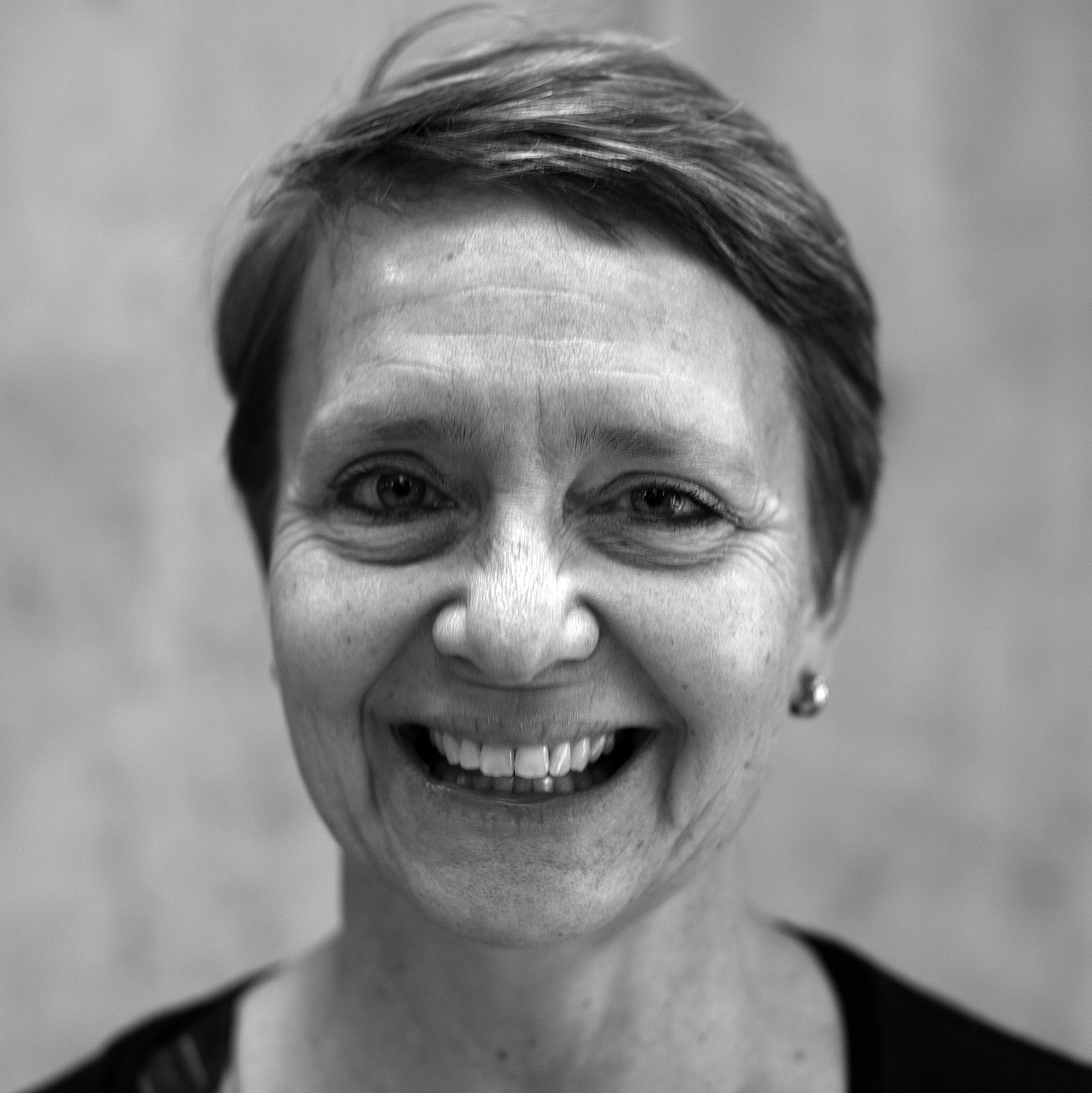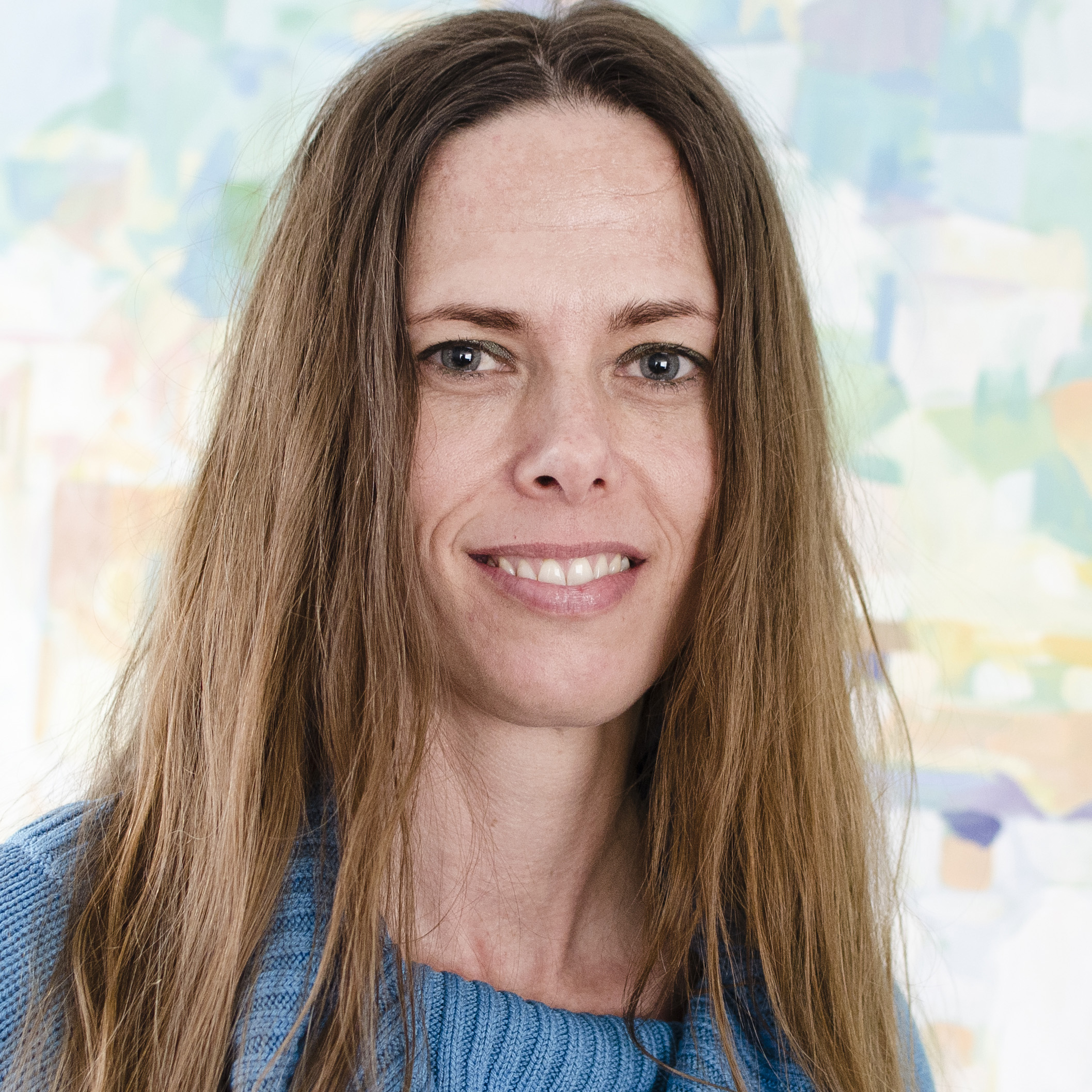|

Anette Grønning,
Associate Professor, HUM
Department for the Study of Culture,
Phone: 6550 4039,
Email: ahg@sdu.dk
|
“I have taken elements of it (e-learning activities) into my other courses; it has changed my life as a teacher.”
- Salmon’s 5 stage model
- Discussion Boards, Wikis and Blogs
- Adobe Connect
Read more
|
|

Giovanni Mellace,
Associate Professor, BSS
Department of Business and Economics,
Tlf.: 6550 9294
Email: giome@sam.sdu.dk
Giovanni teaches micro-econometrics at Masters level.
|
“My main motivation was to reduce student uncertainty towards grading and assessment.”
- Developing and implementing an assessment rubric
- Students peer review exemplar assignments using the rubric
- Allocating class time to clarifying assessment and reducing student uncertainty
- Trailed peer and individual approaches to clarifying assessment
Read more
|
|

Henrik Skov Midtiby,
Postdoc, TEK
The Maersk Mc-Kinney Moller Institute,
Phone: 2135 6105
Email: hemi@mmmi.sdu.dk
Henrik teaches a course on Maths and Physics to 1st year Chemical Engineering students.
|
“I would like to help them learn but I know I am not able to just stand at the blackboard and write something down so they understand it directly. They need to work with it themselves.”
Read more
|
|

Henrik Sproedt,
Former Assistant Professor, TEK
SPIRE - Mads Clausen Institute,
Email: henriksproedt@gmail.com
Henrik taught engineering students in the study program Innovation and Business. His teaching is strongly inspired by teaching experiences in IT Product Design.
Although Henrik no longer works at SDU he is happy to be contacted regarding his approaches to teaching and learning.
|
“The approach I use is dependent on their participation, what will not work and I also reject working like that is if students come to consume my teaching. I need their participation and reflection, the minimum I need is their reaction and the best I can get is their active reflection, surprisingly often that happens and typically there’s a typical process.”
- Introductory Lecture
- Development Workshop including, critical analysis and peer review
- Group Presentations no PPT allowed!
Also trialing: course designed e-book, wiki and blog
Read more
|
|

Judith Parus,
Teacher, BSS
Department of Environmental and Business Economics,
Phone: 6550 4146,
Email: parus@sam.sdu.dk
|
"A student said: “this is where we learnt to talk with each other and present our findings” because it provides them with a new skills set."
- Student presentations
- Participatory activities including continuua
- Wikis
- Shakespeak and Poll Everywhere
- Pair -share using post-its
Read more
|
|

Julie Emontspool,
Assistant Professor, BSS
Institute for Marketing and Management
Phone: 6550 3239
Email: juli@sam.sdu.dk
Julie teaches different sociological and anthropological courses on globalisation theories, applied to marketing and management to Bachelor and Masters students.
|
“I have an active learning approach to all my classes. I don’t do hour long monologues in any of my classes, I really don’t like that. So there’s always going to be some questions to answer, some voting by raising hands, some group work and different assignments during the year.”
- Peer feedback
- Students select and present relevant theories in class
- Wikis and Blogs
- Student voting
- Individual to small groups to full class discussion
- 'Balancing quality and efficiency: the use of blended learning in large classrooms’ (TAL2017 presentation)
Read more
|
|

Sarah Bro Trasmundi,
Assistant Professor, PhD, HUM,
Centre of Human Interactivity, Department of Language and Communication,
Phone: 6550 4542
Email: sarbro@sdu.dk
Sarah teaches a range of courses including Philosophy of Science to new bachelors students.
|
“I said to the students this is hard work but if you do it, it becomes a new world. Many took that opportunity. I saw they were into it as philosophers. I could see their development over two semesters.”
- Peer learning
- Peer review using assessment rubric and teacher feedback
- Dialogic teaching and learning
- Developing students’ academic language
- Assessment rubrics
- Mock oral exams in class
Read more
|
|

Steven Breunig,
Associate Professor, HUM
Department of Language and Communication,
Phone: 6550 2287
Email: steven.breunig@sdu.dk
|
“I intentionally assign the groups in order to mix them up so each group had at least one international student. So now they have to reflect on working with differences.”
- Writing to learn exercises
- Dialogic sessions
- Student presentations
- Concept Mapping
- Feedback
- Diversity
- Journal Tool (Blackboard)
- Principles and activities within “lifelong learning”
Read more
|
|

Tine Engberg Thingholm,
Assistant Professor, NAT
Department of Biochemistry and Molecular Biology,
Phone: 6550 9511
Email: tthing@bmb.sdu.dk
|
“I design my teaching in ways to encourage pro-active learning in each student, but also to create an environment that makes students comfortable enough to participate actively despite the size of the class (200 students).”
- Structuring teaching around learning outcomes
- Chunking input, interspersing shorter teacher input with learning activities
- Less information on slides
- Student feedback loop, keeping students informed about how their feedback is influencing the course
- Providing course instructors with exercises
- Polleverywhere
Read more
|










